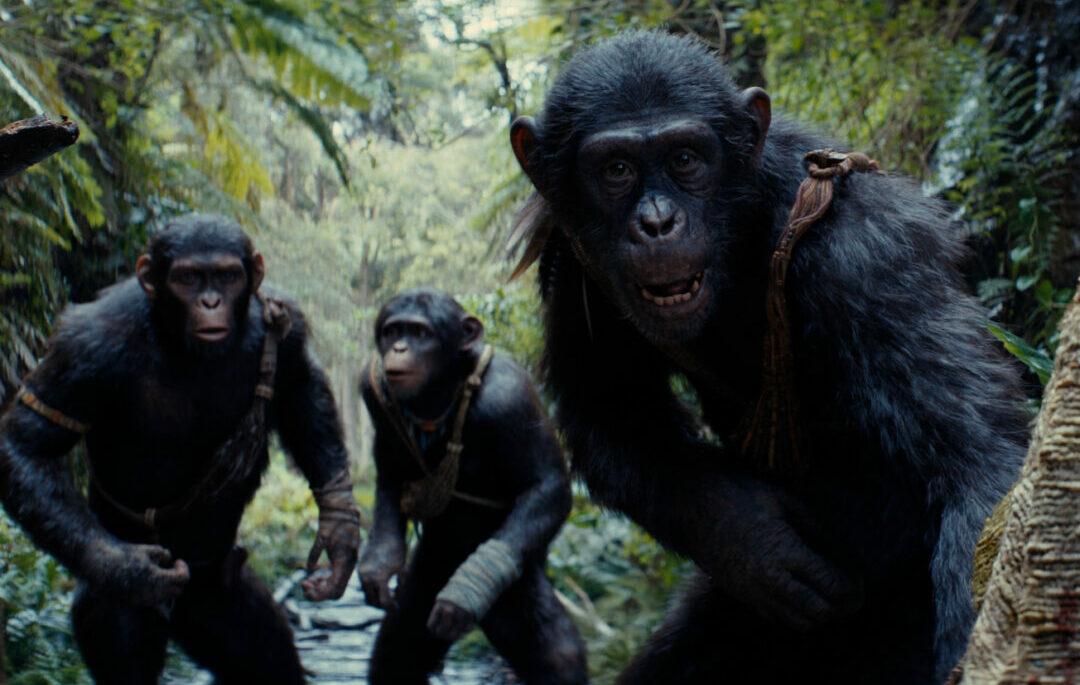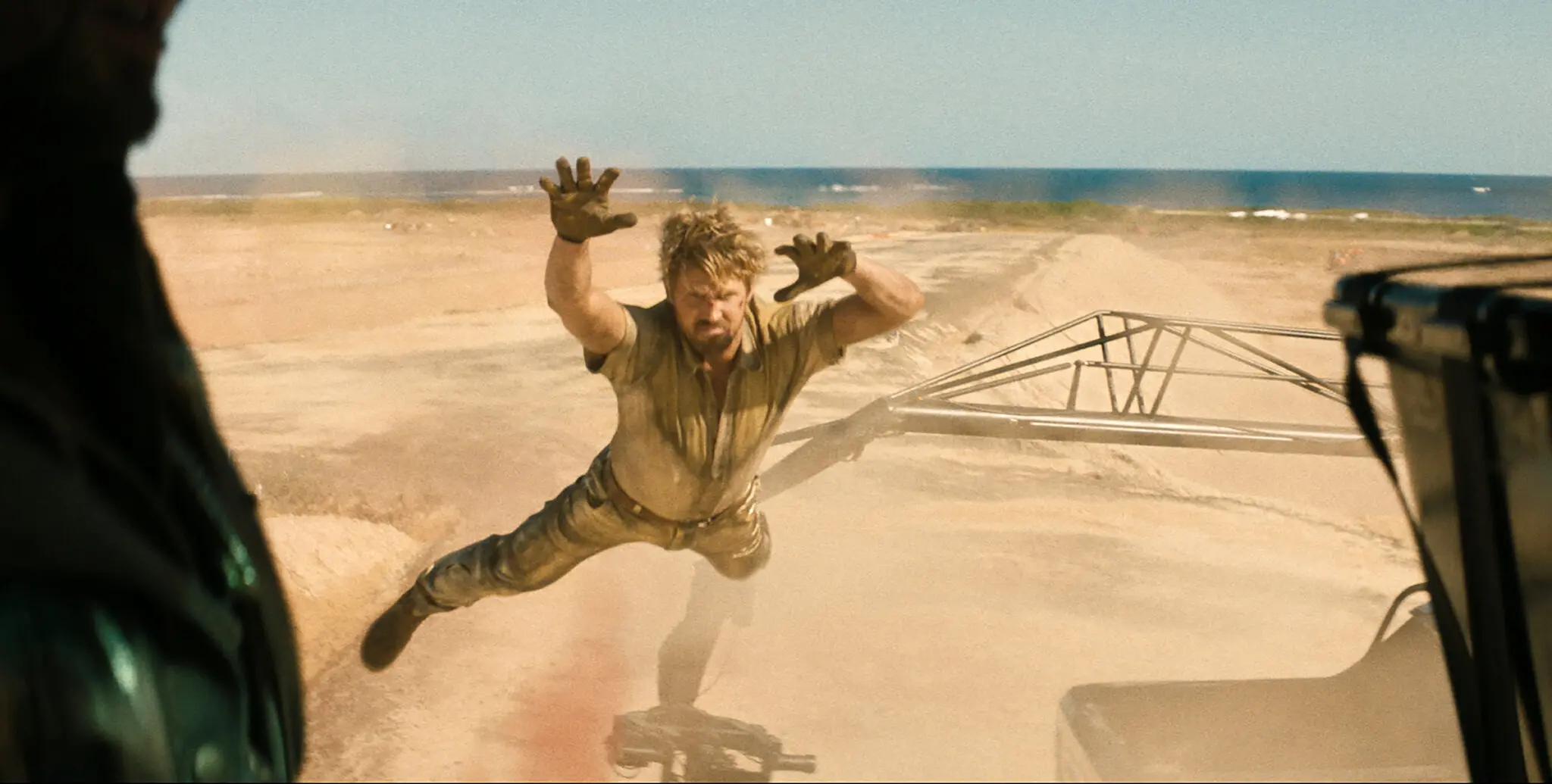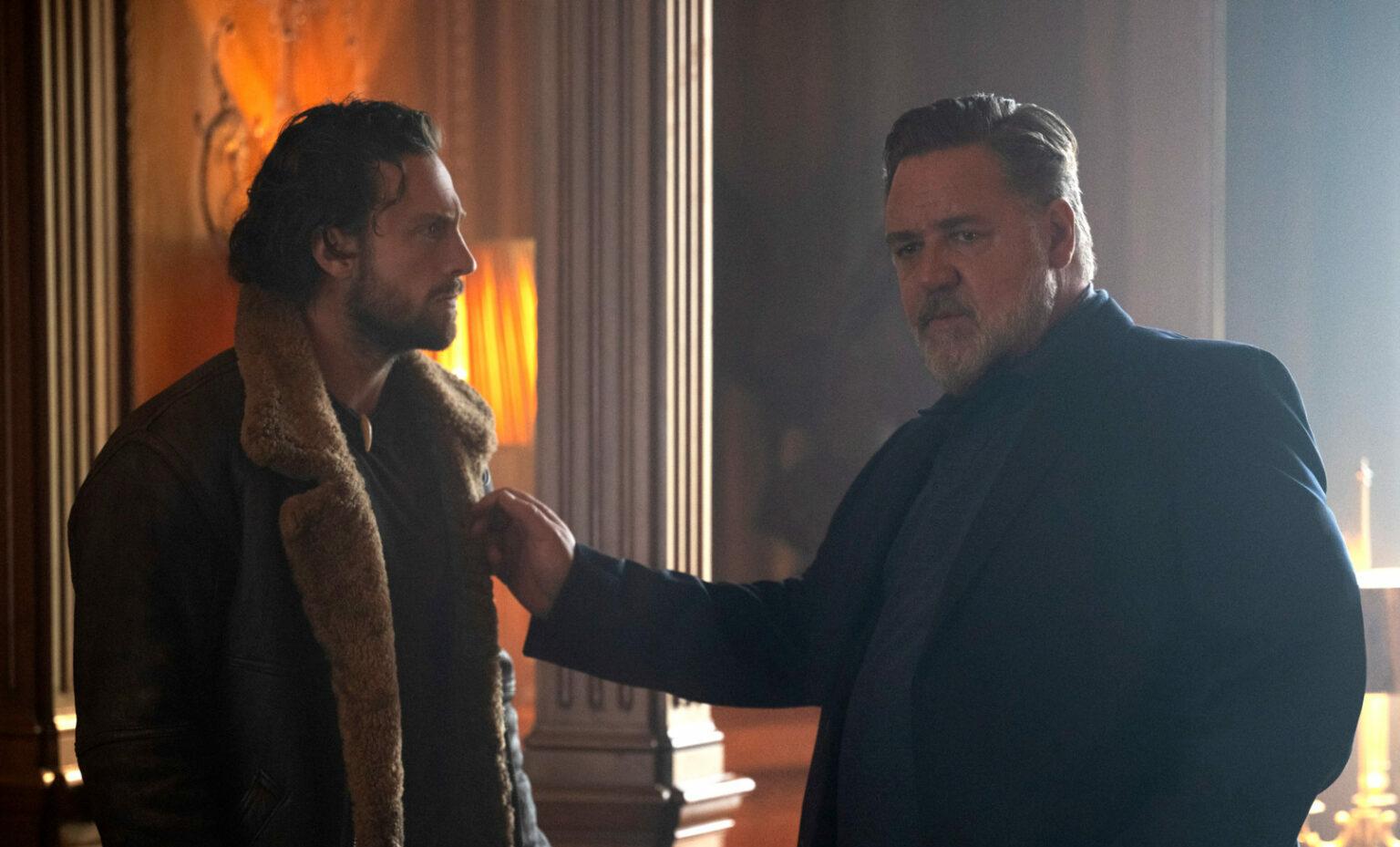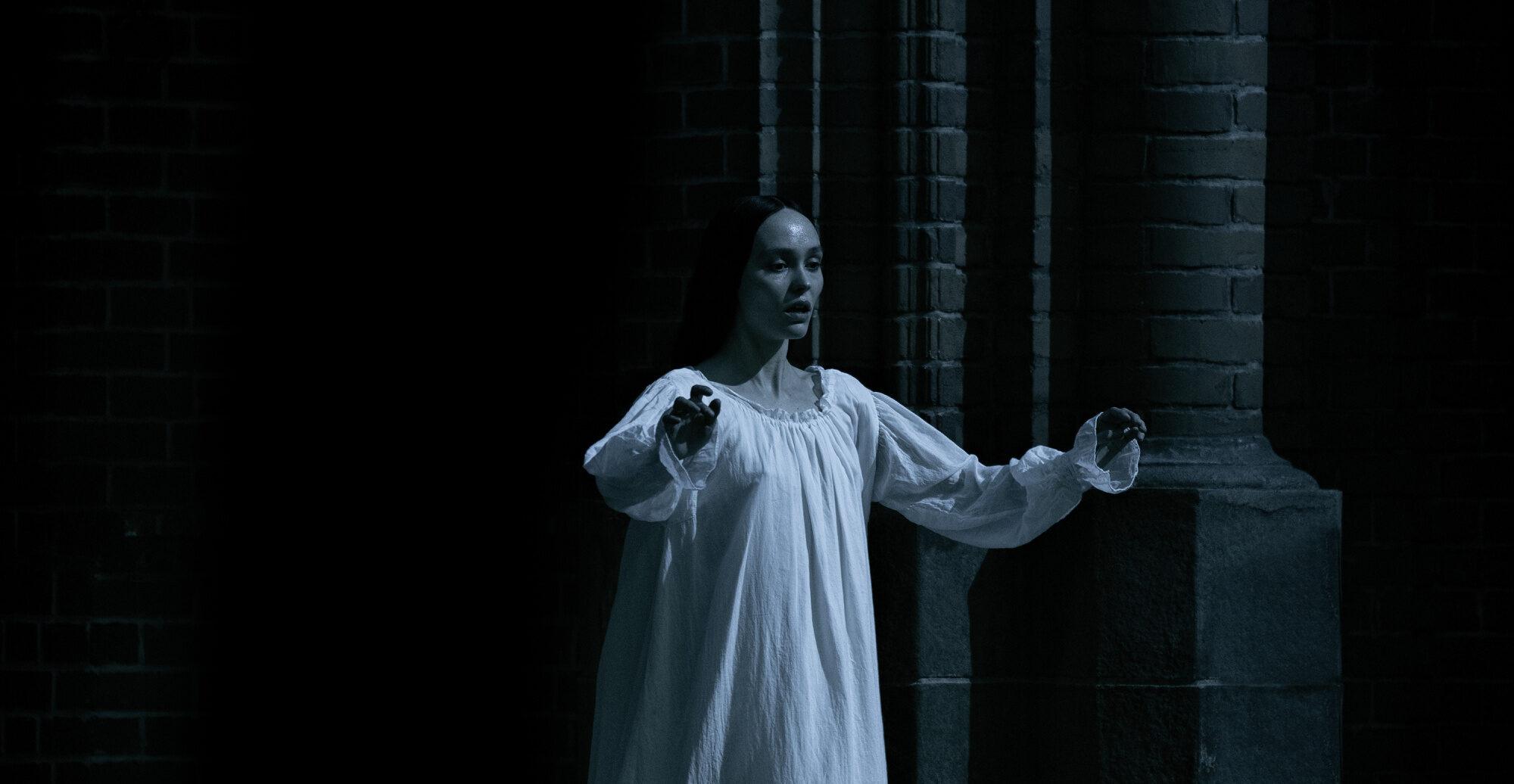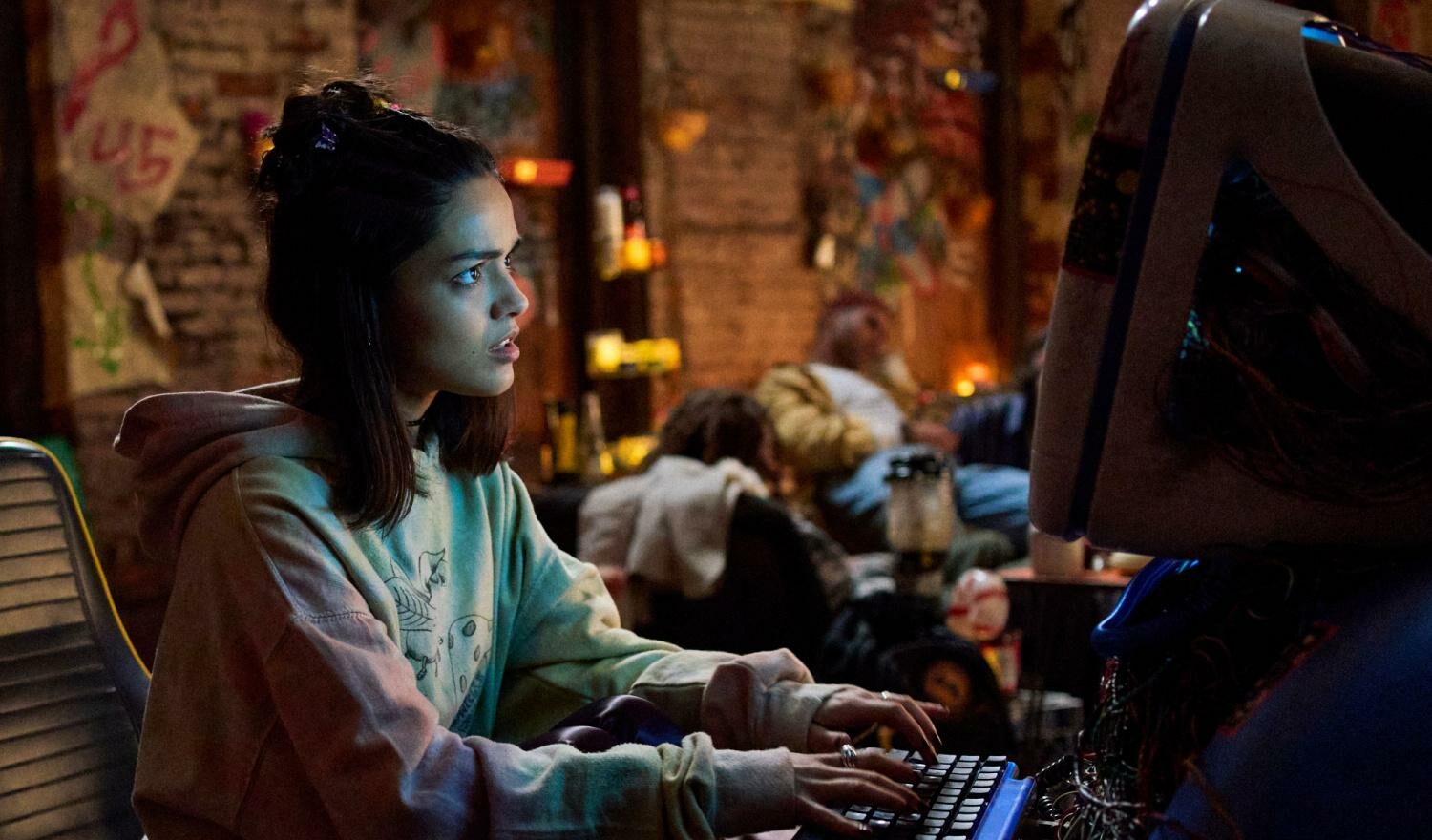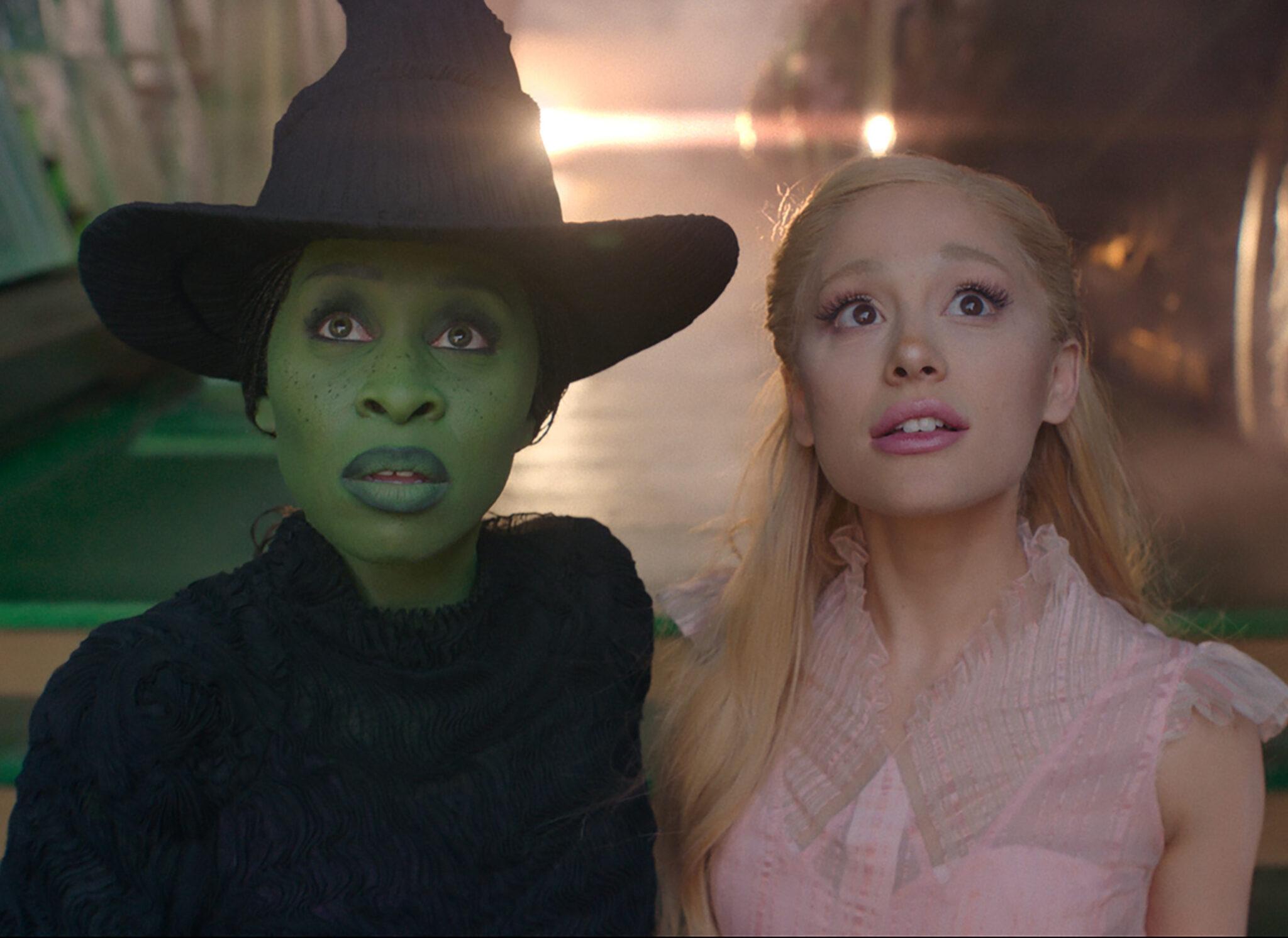VERDICT: If there’s a valid reason to return to this simian franchise, this latest entry never finds it, despite the craftsmanship on display.
Following up a self-contained sequel can be tricky business. (Just ask George Lucas.) If there are new stories to be told or new ideas to explore beyond the rebooted Planet of the Apes trilogy (2011’s Rise of…, 2014’s Dawn of…, and 2017’s War for…), they are not to be found in the laboriously-titled Kingdom of the Planet of the Apes, an intermittently entertaining but ultimately fruitless exercise in franchise expansion.
Aside from a handful of thrilling set pieces and some light commentary about fundamentalism (as well as the introduction of the series’ first queer-coded ape), Kingdom delivers little beyond the expected outcomes established in earlier films, from simians on horseback riding through decayed human cities now overgrown with vegetation to human beings who, as always, can’t wait to ruin a good thing — or a good planet.
Following a prologue involving a funeral pyre for the ape hero Caesar, who led the last stand against what was left of humanity, the film jumps “generations ahead” to an era where ape friends Noa (motion-capture performed by Owen Teague, It), Soona (Lydia Peckham), and Anaya (Travis Jeffery) climb to the top of vine-covered skyscrapers to snag eagle’s eggs since their tribe raises and trains the birds from the moment they hatch. Before long, however, their village is burned down by a marauding band of masked ape warriors. They capture the tribe, minus Noa who manages to escape.
As he sets out to search for his fellow villagers, Noa gets help along the way from intellectual Raka (Peter Macon) — whose male partner was killed by those same violent apes — and human woman Mae (Freya Allan, The Witcher), who surprises her traveling companions with her ability to speak. (The same virus that gave apes the ability to speak and reason stripped those same powers from most of humanity.) Their quest brings them to the kingdom of the power-hungry Proximus Caesar (Kevin Durand, Abigail).
Raka has spent his life studying and sharing the words of Caesar, while Proximus has perverted and twisted those words for his ends, particularly skipping over the “Ape shall not kill ape” part. Josh Friedman’s IP-shackled screenplay comes to most vibrant life with its take on “Planet of the Apes” lore and its commentary on the legacy of great leaders; everyone loves a messiah, but nobody wants to follow their rules when they’re inconvenient.
Director Wes Ball makes his Apes debut on the heels of the forgettable Maze Runner trilogy and, once again, he displays a talent for shepherding individual action set pieces that pop amid otherwise uninspiring narratives. The combat scenes with Noa and other good-guy apes facing off with Proximus’ henchmen generate genuine excitement, particularly in sequences of watery peril. Moments involving a treacherous bridge over rapids and, later, an underground chamber flooded with seawater provide thrills that smooth over the film’s reboot-minded bricklaying.
As with the previous Apes trilogy, the visual effects are seamless and breathtaking, from the postapocalyptic sylvan landscapes to the subtlety of the motion-capture performance for all those apes. Mae and Proximus’ counsel Trevathan (William H. Macy) are the film’s only major human characters, but the apes all register a full range of emotions and character specificity thanks to the collaboration between the cast and the effects artists. Durand, in particular, finds enjoyment in Proximus’ every villainous syllable, and he’s matched by Teague’s empathetic hero’s journey as Noa.
For all its craft, though, Kingdom of the Planet of the Apes never finds the “aha” moment that justifies returning to the well for reasons more pressing than branding and global markets. If the 20th Century insists on continuing to milk this property, it needs to allow future creative teams freedom to reinvent its overly familiar world. Audiences deserve better. Ape shall not bore ape.

